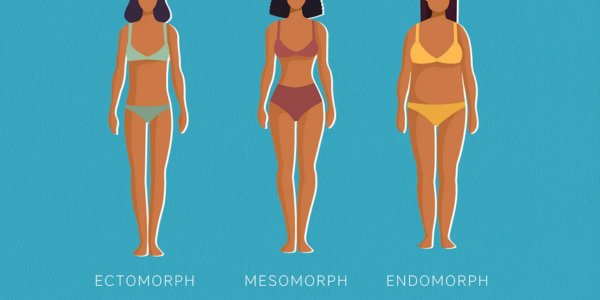Height and Weight Proportional
What “Height and Weight Proportional” Really Means in Attraction
Decoding the Phrase in Dating and Attraction
“Height and weight proportional” is a phrase often used in dating profiles or matchmaking questionnaires. At first glance, it seems clinical—but it’s loaded with subjective interpretation. Rather than referring to a specific ratio or medical standard like BMI, it’s typically meant to suggest that someone’s weight “matches” their height in a visually pleasing or culturally acceptable way.
This concept plays heavily into societal ideals of beauty. For many, it reflects a balanced silhouette—a person who appears neither too thin nor too large for their stature. The definition can shift depending on cultural context, personal preference, and even fashion trends.
Social Bias and Body Expectations
The phrase can be problematic. It may serve as coded language for body-type preferences, often excluding those who don’t conform to narrow standards. While some people use it to avoid sounding harsh or specific, it still implies a judgment about what kind of bodies are desirable.
In romantic contexts, describing someone as height and weight proportional can be shorthand for physical attraction—but it doesn’t say much about health, confidence, or personality. For this reason, it's often criticized for being vague and loaded with bias.
Still, some individuals use the term neutrally, especially in matchmaking or medical assessments. In those cases, it’s just one physical descriptor among many—not a requirement.
FAQ
Which height and weight is best for females?
There’s no universal “best” ratio. Preferences vary by culture and individual taste. Confidence and health often matter more than numbers.
Is “height and weight proportional” a medical term?
Not exactly. While doctors might discuss body proportion, this phrase is more common in dating and social contexts than clinical ones.
Why do some dating profiles mention it?
It’s often a vague way to suggest physical fitness or conformity to beauty standards without being too direct or specific.
Does being height and weight proportional mean being fit?
Not necessarily. Someone can look proportional but still lack physical fitness. Appearance doesn’t always reflect health.
Is the phrase considered outdated?
Many now view it as unclear or exclusionary. More people prefer direct or body-positive terms to describe physical traits.
















